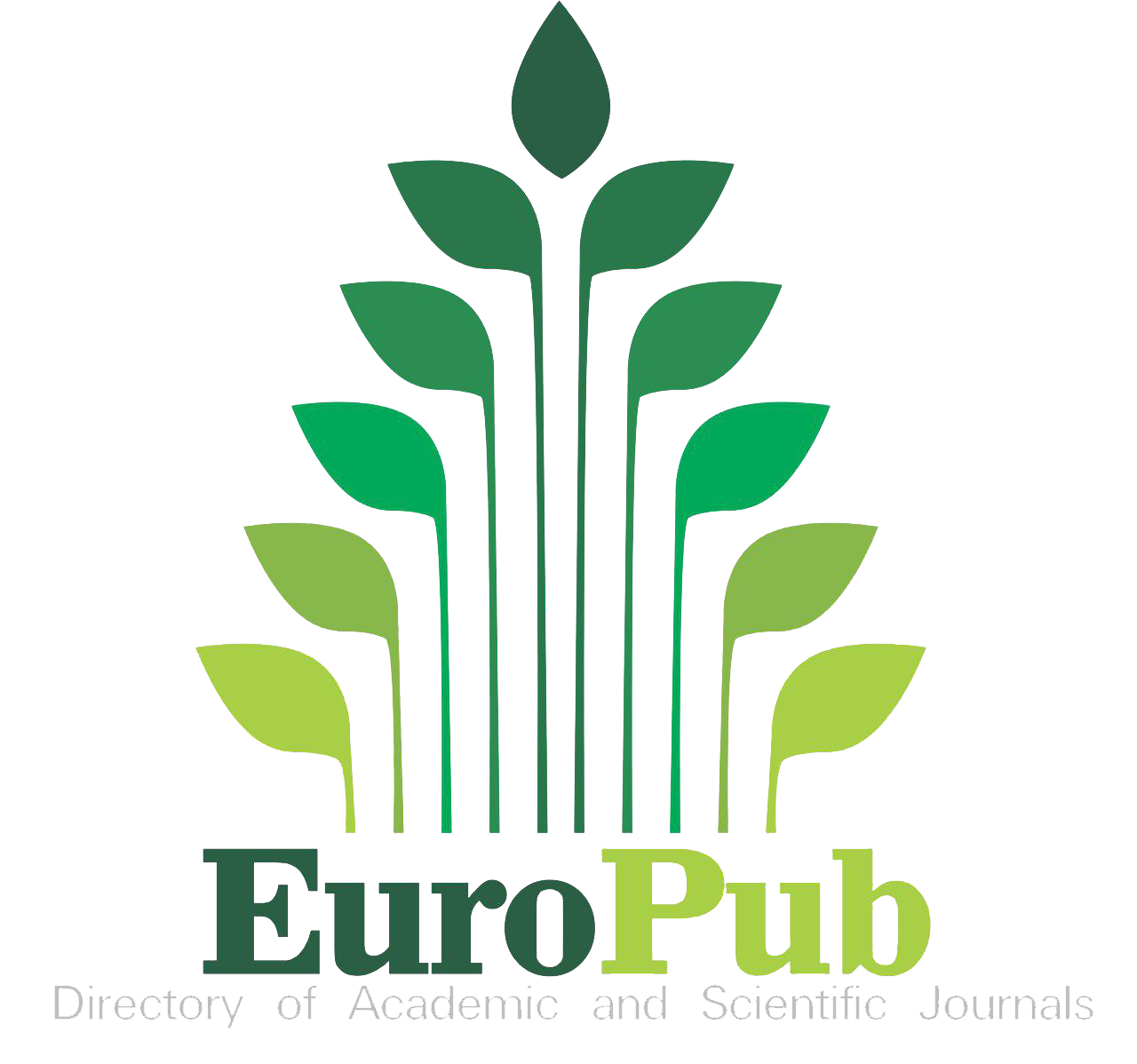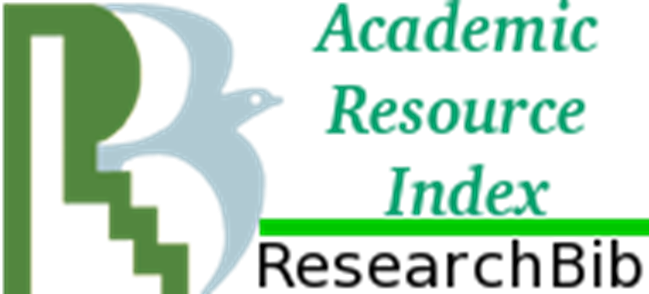From ‘Communicative Language Teaching’ to ‘Postmethod Pedagogy’: Fifty Years of Exploration
Keywords:
language pedagogy, communicative language teaching, postmethod pedagogyAbstract
The term ‘communicative language teaching’ (CLT) has been with us for some 50 years now and still serves world-wide as a focus for discussion, exploration and policy-making. Beneath the superficial term, however, we may ask to what extent the concept itself has remained unchanged? In developmental terms, our understanding of CLT can be compared to the three stages of culture shock. In the first stage, we enjoyed a period of euphoria in which the language-teaching world seemed to be magically transformed and all problems seemed to be solved. This was followed by a period of questioning and doubt, driven by efforts to export the original CLT principles and practices into an ever-widening range of new contexts. The emerging challenges led to a partial rejection of CLT as an intact and unquestioned package of principles and practices. In its third period of development, which is still with us, CLT has merged with the concept of ‘postmethod language pedagogy’. In this period, the core principles of CLT remain intact, namely: we teach (a) towards appropriate forms of communication, in ways that (b) support processes of memorization and (c) stimulate as much learner-engagement as possible. However, teachers are encouraged to implement these principles creatively and in ways that suit specific situations and learners.









 c/o Secretary: Dr. Zarina Othman,
c/o Secretary: Dr. Zarina Othman,